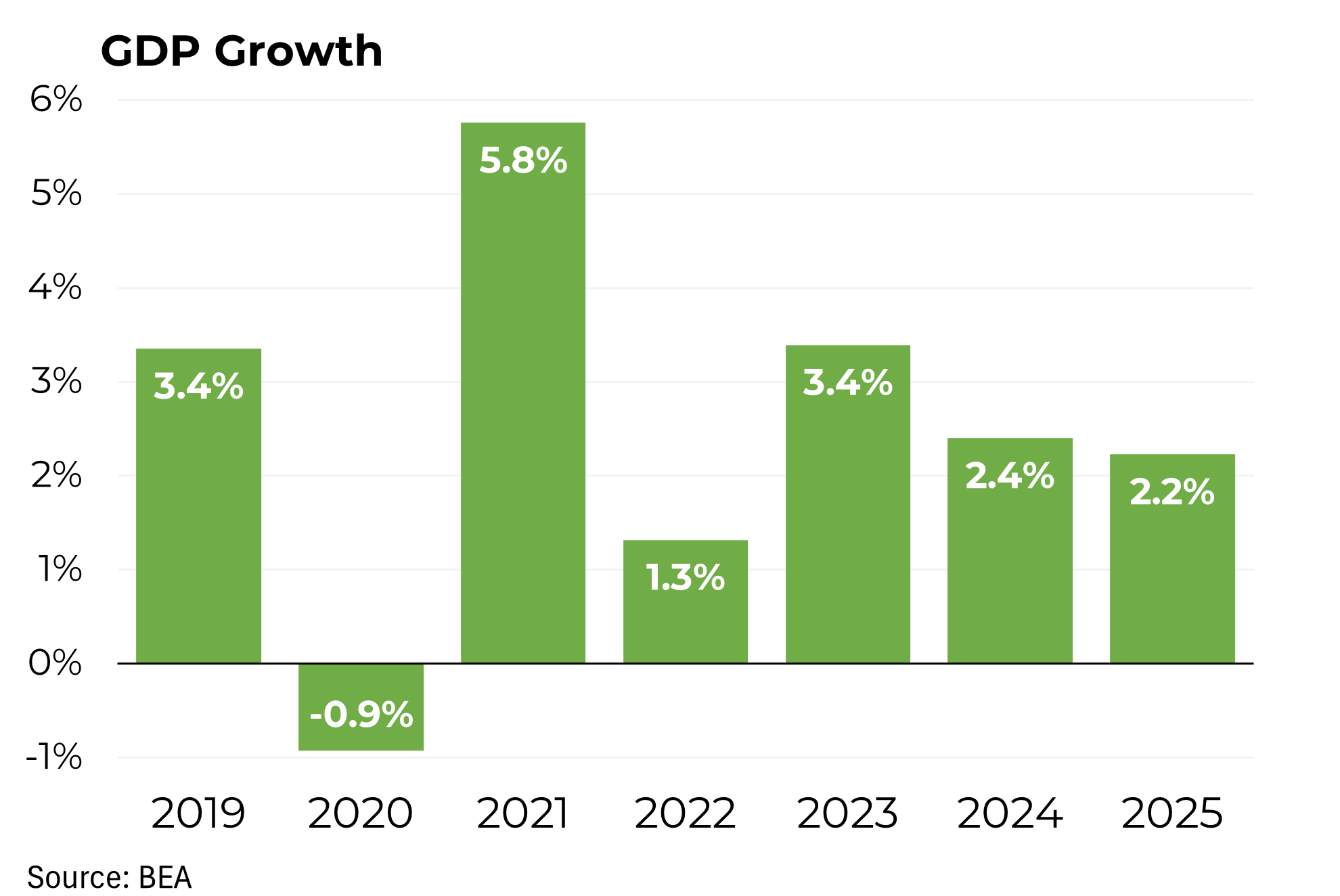Originally appeared in the New York Times
In Donald Trump’s two-plus years as president, his approach to policymaking has often been defined by an unsavory stew of indecision, inaction, flip-flops and outright lies.
Nowhere has this been truer than with health care, where the administration has reversed direction multiple times.
A short history: During his presidential campaign, Mr. Trump said he would produce a health care plan that provided universal coverage and also promised that he would not cut Medicare or Medicaid. “Everybody’s got to be covered,” Mr. Trump told “60 Minutes,” a position that he repeated regularly until he took office.
Then he began backing proposals that would eviscerate the Affordable Care Act and severely damage the other programs.
On his first day in office, Mr. Trump signed an executive order directing government agencies to scale back as much of the A.C.A. as possible while the White House sought “prompt repeal” of the law.
That was followed by nearly a year of wrangling in Congress as Republicans tried to craft a bill that could attract majorities in both houses.
The effort fell short in September 2017 when John McCain cast the deciding vote against the so-called skinny repeal, which would have cost 16 million Americans their insurance by 2021 and sent premiums soaring for those still covered.
Like the elephant who never forgets, Mr. Trump continues to hammer Mr. McCain, now deceased, over that vote, even as he professes to be working on a plan to improve health care coverage.
Meanwhile, the administration’s latest budget, released in mid-March, stands behind legislation known as “Graham-Cassidy,” which was pushed by Republicans in 2017 but never won enough support to be brought to a vote.
The Trojan horse of health care reform, the proposal provides for relatively small initial cuts in federal funding and then huge reductions starting in 2027.
According to a Brookings Institution report, Graham-Cassidy would cost 32 million Americans their health insurance by 2027, just as full repeal would. That’s Donald Trump’s idea of a “beautiful,” “terrific” and “unbelievable” health care plan.
In the meantime, new regulations — issued pursuant to the president’s Inauguration Day executive order — have chipped away at the A.C.A., leading to a drop in enrollments through the exchanges from 12.7 million in 2016 to 11.4 million this year.
Then there’s the legal front.
The administration’s recent decision to submit a brief in a Texas case asking the court to declare all of Obamacare unconstitutional was well publicized.
Slipping by almost unnoticed was Mr. Trump’s instruction last June to the Justice Department, which was defending the A.C.A., to argue instead that certain key provisions — notably, the requirement that Americans with pre-existing conditions be treated equally — be declared unconstitutional.
A win by Mr. Trump in this case could mean that nearly 20 million Americans would lose insurance, according to the Urban Institute.
Meanwhile, Mr. Trump (and his fellow Republicans) keep saying that they are committed to protecting coverage for pre-existing conditions, although acknowledging that under their formulation, people with pre-existing conditions could be forced to pay more than those without.
Confused? That may well be Mr. Trump’s strategy: pretend you want expanded coverage while your operatives are pursuing strategies that would cost millions of Americans their coverage.
Republicans, beware: After years of polling negative, Obamacare has achieved majority support, perhaps because Americans have figured out what the Republicans’ alternative health care universe would look like.
Garnering less attention but also an important component of Mr. Trump’s health care strategy are the huge cuts that he has proposed to Medicare and Medicaid (again, contrary to explicit campaign promises).
The White House contends that the $575 billion in Medicare reductions over the next 10 years would come largely from health care providers and would not affect beneficiaries.
We can debate the veracity of that, but what’s unambiguously true is that the nearly $800 billion in Medicaid reductions would come directly from lower-income Americans.
Fortunately, like most budgets of recent years, Mr. Trump’s proposals — unsupported by a wide majority of legislators — have already been declared dead on arrival on Capitol Hill.
Now Mr. Trump is trying to finesse his way through the 2020 election by promising a plan immediately thereafter. For those of us of a certain age, that’s reminiscent of President Nixon’s false suggestion in the 1968 campaign that he had a “secret plan” to end the war in Vietnam.
Isn’t a plan what Mr. Trump promised in 2016? Are the American people really going to allow him to lie to them again?
His hard-right henchmen, led by the acting chief of staff, Mick Mulvaney, aren’t waiting. Mr. Mulvaney, a Freedom Caucus co-founder, recently brought top Republican policymakers to Camp David to work on the proposal.
Either Mr. Trump is too ignorant to understand that any plan Mr. Mulvaney develops will gut the A.C.A. or he doesn’t care.





